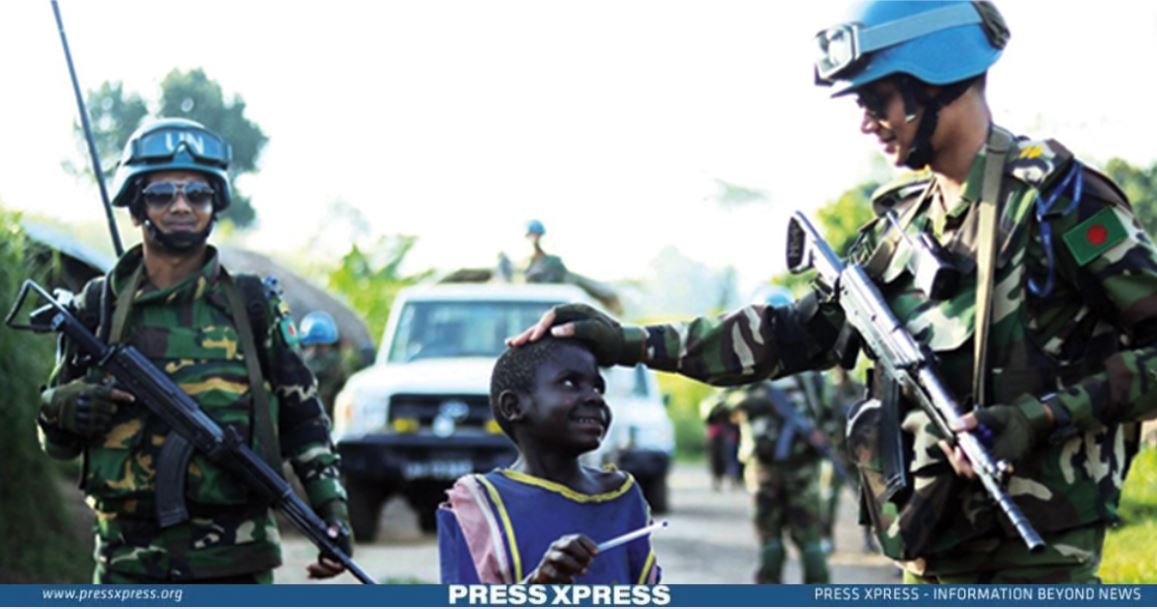Bangladesh enjoys a robust partnership with the United Nations, centered around shared objectives like sustainable development and human rights. This collaboration plays a key role in tackling both local and global challenges Bangladesh faces.
You can also read: PM Hasina Urges Italian Investment in Bangladesh for Mutual Growth
In recent times, the UN and Bangladesh have strengthened their cooperation to achieve the Sustainable Development Goals (SDGs), with specific initiatives focusing on disaster management and risk reduction.
Historic Relationship
The UN’s relationship with Bangladesh began during the country’s 1971 Liberation War. Initially, the UN provided humanitarian assistance to refugees fleeing to India. After the war, the UN aided in refugee rehabilitation and development initiatives.
Bangladesh later joined key UN bodies, making significant contributions to global peacekeeping efforts from 1988 onward, earning a reputation for its commitment and effectiveness.
Bangladesh also successfully campaigned for the establishment of International Mother Language Day, which was globally recognized by UNESCO in 1997. These milestones reflect a deepening relationship that has evolved to focus on development and humanitarian cooperation under frameworks like the UN Sustainable Development Cooperation Framework.
Bangladesh’s Diplomacy at the UN
“Bangladesh is a valued member of the UN and is making an important contribution to the work of the global body.”
– Antonio Guterres, Secretary General, United Nations
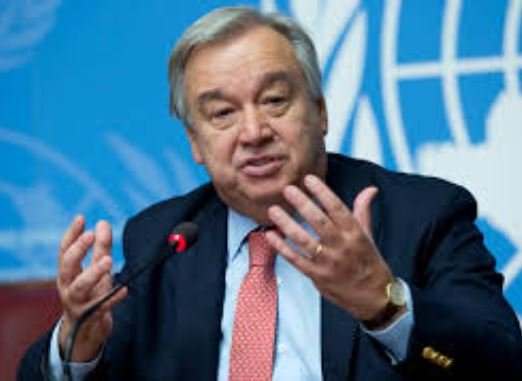
Bangladesh has actively utilized its role at the United Nations to address global and regional issues. During the 78th UN General Assembly in 2023, Prime Minister Sheikh Hasina Highlighted the injustices inflicted upon Bangladesh due to the effects of climate change. She emphasized that although Bangladesh’s contribution to global emissions is minimal, accounting for less than 0.47 percent, the country is one of the most susceptible to the adverse impacts of climate change.
At the 77th UN General Assembly in 2022, the PM called for global action to resolve the Rohingya crisis, emphasizing its dire consequences on regional security and stability. Her speech emphasized the need for an urgent resolution of the crisis and hoped that the United Nations will play an effective role in this regard.
Bangladesh has made notable contributions to fostering peace and cultural diplomacy. The UN General Assembly adopted Bangladesh’s Resolution on the ‘Culture of Peace,’ highlighting the country’s commitment to global peacekeeping and cultural diplomacy. This widely supported resolution illustrates Bangladesh’s influence and proactive stance in promoting international collaboration.
Soft power is a critical aspect of Bangladesh’s diplomatic strategy. The country leverages its rich cultural heritage to strengthen international relations and portray a positive national image. By promoting its diverse culture, Bangladesh aims to enhance its global standing and foster partnerships based on shared values and interests.
Through these efforts, Bangladesh addresses immediate regional issues while contributing to broader discussions on global peace, security, and cultural understanding. The country’s approach to diplomacy at the UN demonstrates advocacy, cultural promotion, and active participation in global governance.
UN’s Contributions to Bangladesh

The UN has significantly contributed to Bangladesh’s development and humanitarian needs. In 2024, the United Nations agencies, especially WFP, have played a crucial role in addressing the needs of the Rohingya refugees and local communities.
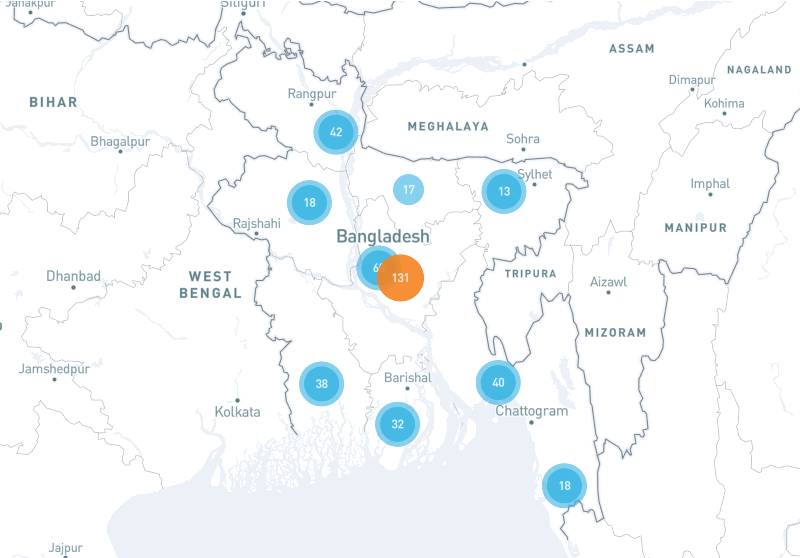
The UN’s involvement extends to climate change adaptation, where it supports Bangladesh’s strategies to mitigate disaster risks due to its vulnerability to climate-related events. In 2023, Bangladesh faced multiple natural disasters, prompting UN-supported initiatives for disaster preparedness and resilience building.
The WFP provided substantial food assistance, distributing 976.3 metric tons of food and facilitating $10.7 million in cash-based transfers. Efforts also included malnutrition prevention and treatment for vulnerable groups, impacting nearly 304,000 children and mothers. The UN’s involvement extends to climate change adaptation, where it supports Bangladesh’s strategies to mitigate disaster risks due to its vulnerability to climate-related events.
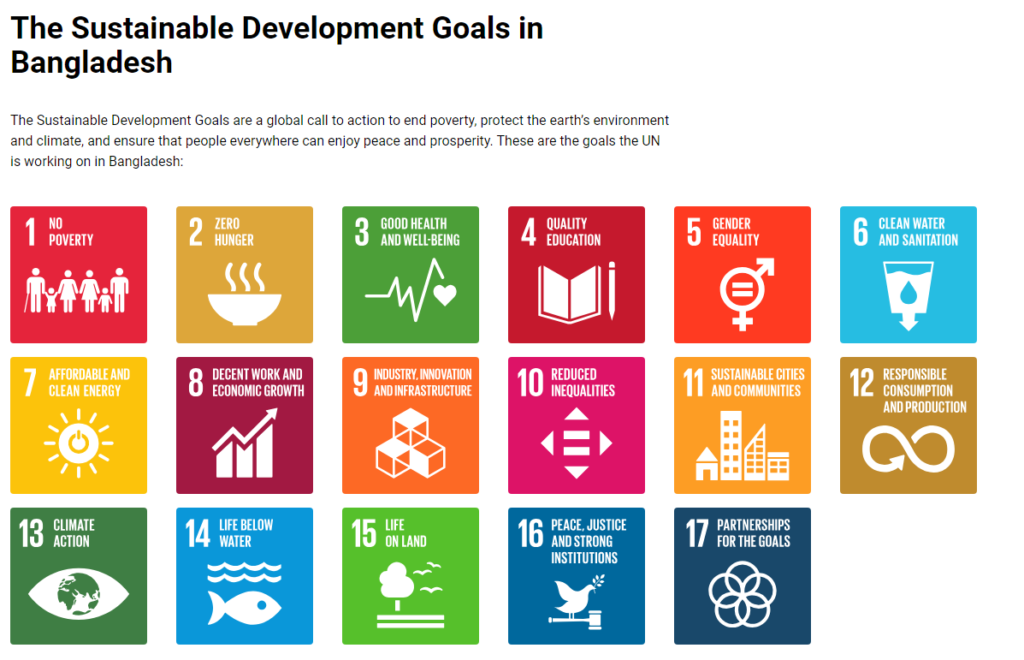
The United Nations, along with its partner organizations in Bangladesh, is striving to accomplish the Sustainable Development Goals (SDGs) – a set of 17 interlinked objectives that aim to tackle the major developmental challenges confronting people in Bangladesh and globally.
Aligning with the 2030 Agenda for Sustainable Development and the reforms to the UN Development System (UNDS), the UN agencies operating in Bangladesh have been collaborating cohesively to assist the government in implementing the SDGs and bolstering the impact of development initiatives.
Bangladesh’s Contributions to the UN

Bangladesh has made notable contributions to UN peacekeeping missions, affirming its commitment to global peace and security. The nation has been one of the largest troop contributors, demonstrating leadership and expertise in complex operations across various regions. Since 1988, Bangladesh has engaged in 54 peacekeeping missions in 40 countries, deploying over 175,000 troops, including a commendable number of women peacekeepers.
I would like to take this opportunity to express once again the UN’s appreciation to Bangladesh for the country’s steadfast and remarkable contribution to peacekeeping operations over the years.
– Gwyn Lewis, United Nations Resident Coordinator in Bangladesh, in an address on International Day of UN Peacekeepers 2023.
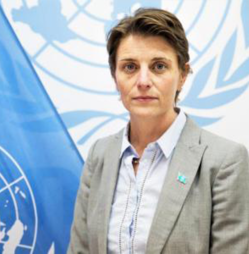
The country’s peacekeepers are recognized for their professionalism and dedication under challenging conditions. They have played crucial roles in missions in Africa, providing vital support in conflict zones and assisting with electoral processes in nations like Mozambique and Liberia. Additionally, Bangladesh has actively participated in demining operations and community support projects in conflict-affected regions.
Bangladesh’s commitment to gender equality in peacekeeping has been robust, aiming to increase the number of female peacekeepers and ensuring their active participation in missions. This effort aligns with the UN’s objectives to enhance the effectiveness of peacekeeping by promoting diversity and inclusivity.
Furthermore, the nation has been instrumental in the training and preparation of peacekeepers, offering specialized courses on counter-IED measures and other critical skills needed in peacekeeping operations today. These training programs not only prepare troops for deployment but also enhance the overall capability and readiness of UN forces.
Key Factors Influencing Bangladesh-UN Relations
Bangladesh’s foreign policy, grounded in its Constitution, emphasizes respect for national sovereignty, non-interference, and peaceful dispute resolution. These principles shape its interactions within the UN framework.
Geopolitical dynamics significantly impact relations. Bangladesh’s strategic location enhances its importance to the UN, especially in peacekeeping and regional stability. The country’s substantial contributions to UN peacekeeping missions underscore its commitment to global peace, affecting its standing and influence within the UN.
Bangladesh’s participation in various international and regional organizations, alongside its active role in UN peacekeeping, reflects and affects its economic and diplomatic engagements on a global scale.
Impact and Future Prospects
Bangladesh’s relationship with the UN is poised for further development, impacted by its anticipated graduation from Least Developed Country (LDC) status by 2026 and its active engagement in UN peacekeeping. This transition may influence its eligibility for certain international assistance programs but also showcases the country’s remarkable development progress.
The country’s focus on sustainable development, particularly through the United Nations Sustainable Development Cooperation Framework (UNSDCF), is crucial. This framework guides cooperative efforts toward achieving the Sustainable Development Goals (SDGs) by 2030, emphasizing inclusive economic growth, human well-being, environmental sustainability, and gender equality.
Investments and reforms in renewable energy and climate resilience are critical areas of focus. These efforts are supported by substantial international finance, positioning Bangladesh as a leader in climate adaptation and sustainable development strategies, aligning with global climate goals.
Conclusion
Bangladesh’s dynamic relationship with the United Nations reflects its growing global influence. Key UN agency partnerships have boosted disaster management and resilience, aligning with UN’s sustainable development goals. Despite challenges, Bangladesh’s commitment to international cooperation persists.
The nation’s imminent graduation from Least Developed Country status will likely increase its diplomatic weight in the UN. This transition is backed by frameworks like the United Nations Sustainable Development Cooperation Framework, promoting inclusive, sustainable growth.
Bangladesh plays a crucial peacekeeping role in the UN, showcasing its dedication to global peace and security. Balancing national and global responsibilities, Bangladesh ensures an active UN presence.

